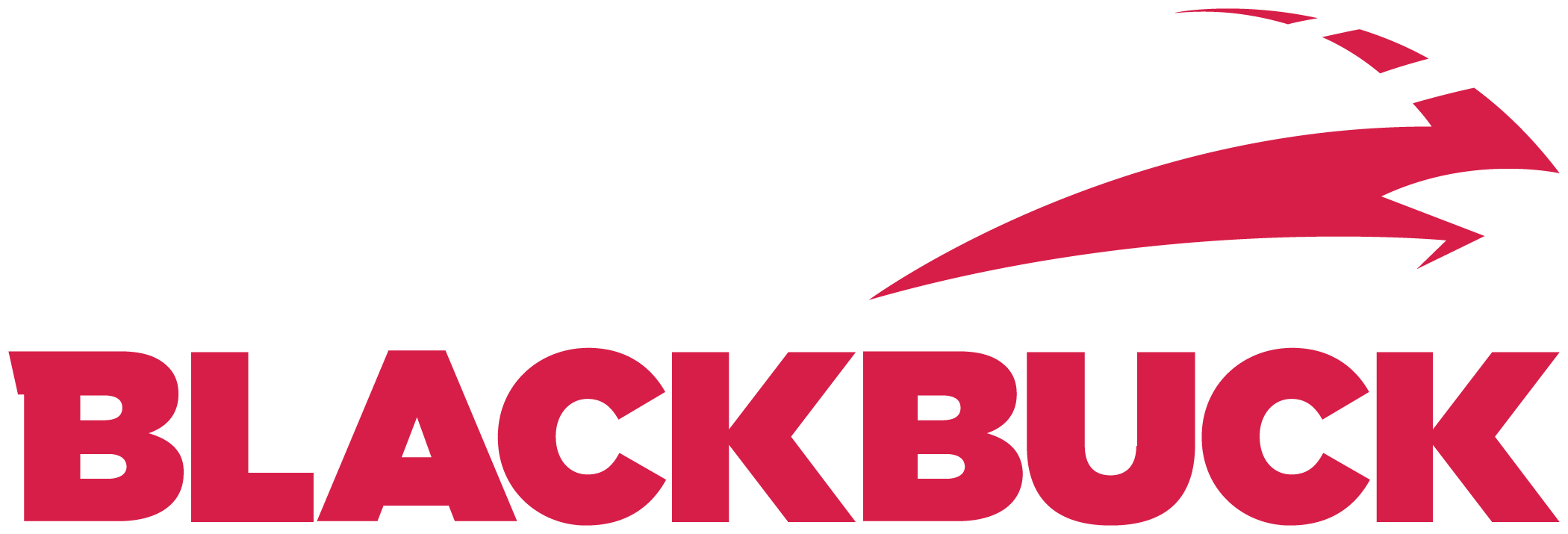
₹ 14742
₹259- ₹273
54
₹279
3

18 Nov 2024
20 Nov 2024
21 Nov 2024
Application Details
The Zinka Logistics Solution IPO will open for subscription from November 13, 2024, to November 18, 2024. The IPO is priced with a face value of ₹1 per share and a price band of ₹259 to ₹273 per share. Investors can apply for a minimum lot size of 54 shares, amounting to ₹14,742, while retail investors can apply for a maximum of 13 lots, or 702 shares, costing up to ₹1,91,646.
The total issue size is 40,832,320 shares, raising approximately ₹1,114.72 crore. This includes a fresh issue of 20,146,520 shares, aggregating up to ₹550 crore, and an offer for sale (OFS) of 20,685,800 shares, amounting to ₹564.72 crore. An employee discount of ₹25 per share is available as well.
The IPO is a book-built issue, and the key dates are as follows: allotment basis will be finalized on November 19, 2024, with refunds initiated on November 20, 2024. Credit of shares to demat accounts will also take place on November 20, followed by the listing date on November 21, 2024.
About Zinka Logistics Solution Limited
Company Overview
Founded in April 2015, Zinka Logistics Solutions Limited, commonly known as BlackBuck, operates India’s largest digital platform for truck operators. The platform primarily serves truck operators by enabling efficient digital management of payments, telematics, freight, and vehicle financing. As of Fiscal 2024, approximately 963,345 truck operators, accounting for 27.52% of the truck operators in India, were active on the platform.
Key Offerings
The BlackBuck app provides truck operators with an integrated solution to streamline various operational tasks:
- Payments: The platform processed a Gross Transaction Value (GTV) of ₹17,396.19 crore in Fiscal 2024, enabling operators to digitally manage toll and fuel expenses via the FASTag and fuel partners.
- Telematics: Truck operators can monitor their fleets and drivers using telematics services offered on the platform, including vehicle tracking and fuel sensors. In Fiscal 2024, BlackBuck maintained an average of 356,050 active telematics devices each month.
- Freight Marketplace: Through its marketplace, BlackBuck assists truck operators in finding and filling loads, reducing empty capacity and improving load pricing. The platform facilitated 2.12 million load postings in Fiscal 2024, enabling over 256,000 truck operators to secure loads.
- Vehicle Financing: BlackBuck also provides financing for used commercial vehicles. As of June 30, 2024, the company has disbursed loans totaling ₹252.76 crore, helping truck operators expand their fleet.
FAQ
IPO stands for "Initial Public Offering." It's the process through which a privately-held company becomes publicly traded by offering its shares to the general public and listing them on a stock exchange for trading. This allows the company to raise capital from investors and grants individuals and institutions the opportunity to invest in and own a portion of the company.
The life cycle of an IPO, or Initial Public Offering, begins with a company's decision to go public. It involves hiring underwriters, registering with regulatory authorities, determining the IPO price, marketing to investors, and the subscription period where investors place orders for shares. After allocation and listing, shares become publicly tradable, and the company enters the secondary market. Ongoing reporting and corporate governance are crucial as the company continues to operate as a publicly-traded entity. The IPO aims to raise capital for growth and provides investors with opportunities to trade shares in the company.
An IPO (Initial Public Offering) is when a private company goes public by selling shares to the public. Investors buy these shares, giving them ownership in the company. It's a way for companies to raise capital and expand. The process involves underwriters, regulatory filings, setting the IPO price, and marketing to investors. After the IPO, shares can be traded on a stock exchange. IPOs offer opportunities and risks, so investors should research and consider carefully.
"Upcoming IPOs" refers to initial public offerings that have been announced by private companies but have not yet occurred. These are companies that plan to go public in the near future by issuing shares to the public and listing them on a stock exchange. Investors often keep an eye on upcoming IPOs as they represent opportunities to invest in companies at their early stages of public trading, potentially capturing growth potential. These offerings are typically accompanied by significant media and investor attention as they approach their launch dates.
 Download
Download